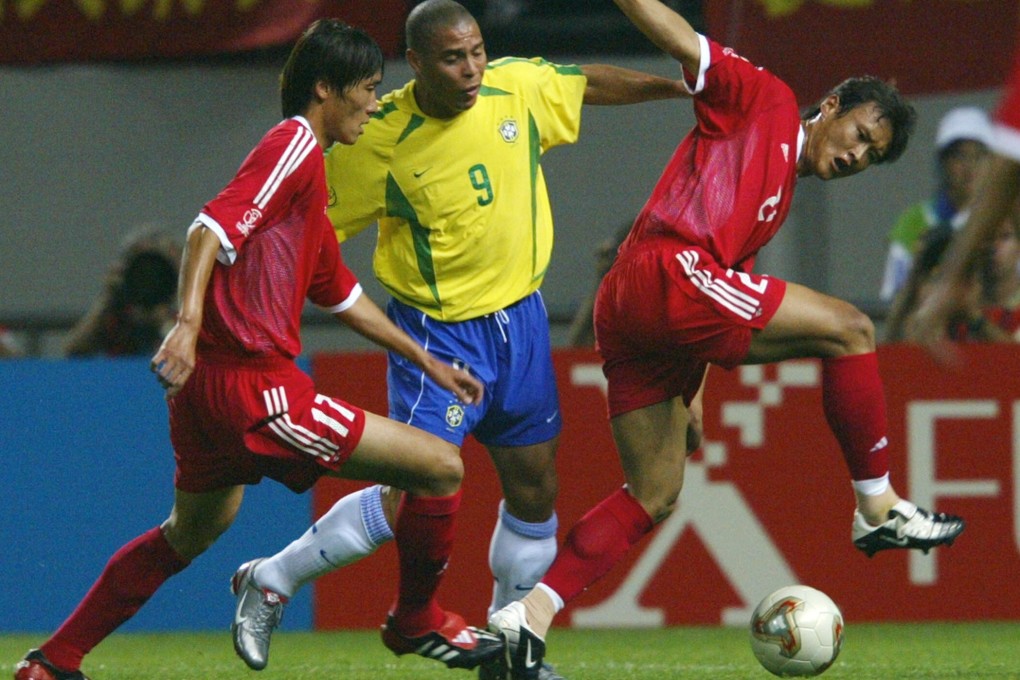Advertisement
Opinion | Party propaganda a strange tactic to realise Xi’s World Cup dream – even for Chinese football
- In between the pool and karaoke sessions, Chinese Super League players and staff have been given lessons in CCP values during coronavirus bubble
- Country has aim of being football superpower by 2050 but has only qualified for one Fifa World Cup in 2002
Reading Time:3 minutes
Why you can trust SCMP

Trying to introduce Karl Marx to football is a rather abstract idea, some might even consider it funny.
The Monty Python’s Flying Circus team certainly did as they used the founding father of Communist thought as a character in their “International Philosophy” sketch, better known as the philosopher’s football match, back in 1972.
Marx, as it happens, could not help the Germans beat their Greek counterparts, but the powers that be think it might help Chinese football.
Advertisement
The news emerged this week that Chinese Super League players were being schooled in party lore during their time locked in their bubbles in Suzhou and Dalian.
In between the pool tournaments and the karaoke sessions there are “thematic party-day learning and education activities” for the domestic players, club staff and match officials who are members of the Communist Party, or hope to be.
Advertisement
Advertisement
Select Voice
Select Speed
1.00x
